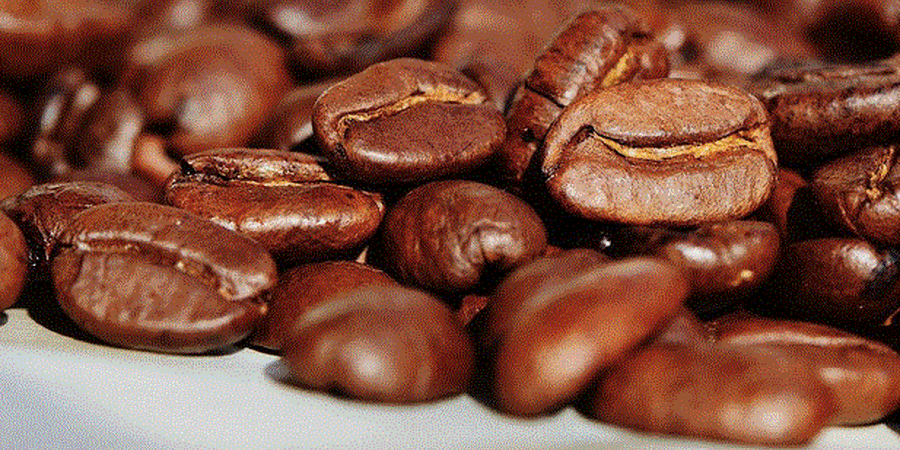Philadelphia, PA
- When people commonly talk of black coffee and white coffee, they are usually referring to whether their beverages have milk or not. But the latest trend of white coffee has nothing to do with milk or cream. White coffee refers to white coffee beans that come from Yemen. And brewing white coffee produces a different result than making a beverage with black coffee beans.
Black Coffee And White Coffee
It All Comes Down to the Roast
The main difference between a cup of coffee brewed with black beans and one brewed with white beans is to do with the roast.
White coffee beans are roasted at a lower temperature and for a lesser time in comparison with black coffee beans.
That makes the taste of a cup of coffee brewed with white beans sweeter and lighter compared to its black counterpart.
Black coffee beans are roasted at higher temperatures and for a longer time, resulting in a darker and more intense drink.
White beans are roasted at around 325 degrees Fahrenheit whereas black coffee beans are typically roasted at between 450 to 480 degrees Fahrenheit.
The Taste of White Coffee
If you love coffee and enjoy exploring different flavors, it is understandable that you are only after coffee subscriptions worth trying. There are lots of different types of black coffee with distinctive tastes and aromas that you will enjoy sampling.
But you might also like to try a cup of white coffee at some point.
You are sure to want to have an idea of what it tastes like before you try. Well, the taste of white coffee is typically described as nutty. It has low bitterness and pronounced acidity, which comes from the minimal roasting time.
Also, drinking white coffee does not result in a bitter aftertaste because the beans’ natural sugars are not caramelized.
Ultimately, black coffee and white coffee are at opposite ends of the roasting spectrum, and you can find roasting variations for both types of coffee beans.
So, if you are serious about your love of coffee, you should try a variety of black beans and white beans roasted to different degrees to find the tastes you like the most.
Caffeine Content
One reason white coffee has become more popular in recent times is due to the fact that it contains more caffeine than black coffee.
Therefore, white coffee beans are ideal for brewing a cup of coffee in the morning when you need your energy the most. But a cup of coffee made with black coffee beans is more suitable for drinking in the afternoons and evenings.
Plenty of people who drink white coffee believe it must contain something like 50% more caffeine than black coffee due to its stimulating effects. But in reality, white coffee beans’ caffeine content is only 5% higher than black coffee beans.
Still, if you try white coffee beans, you should notice the difference in the caffeine kick.
Drinking White Coffee
While coffee made with black coffee beans can be drunk either with or without milk or cream and sugar, according to your personal taste, most people drink coffee made with white coffee beans without milk or cream because the nutty flavor of white coffee does not pair as well with milk or cream compared with black coffee.
However, some people recommend drinking white coffee with almond milk, which pairs well with the natural nutty flavor.
But at the end of the day, how you take white coffee is a personal choice, just as it is with black coffee.


